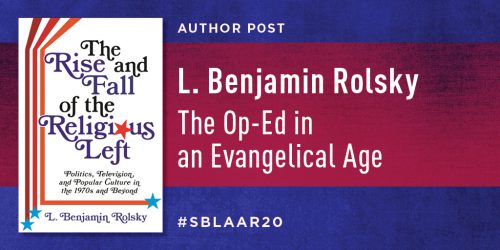Mutts Like Us . . . A Post by Frances Bartkowski
This still young century—maybe only now just beginning—calls us all into relations of obligation and care. This is our object lesson, among others, whether to follow our curiosity and desire—to kiss, or to be led by our lesser selves toward animosity, what we sometimes like to cordon off as animality. Only by letting our human-animal borders become more porous can we let the future materialize out of our mixed pasts.
The following post is by Frances Bartkowski, author of Kissing Cousins: A New Kinship Bestiary:
The surprises just keep on coming. There in the question and answer part of president-elect Barack Obama’s first press conference, all somber, sober news and ideas about how to deal with an economic meltdown the likes of which haven’t been seen in decades, came a question from one of the reporters. In an attempt at shifting the subject, posing a few quick questions about how the soon-to-be first family would be occupying the White House, a reporter asked whether they had yet decided on what sort of puppy the two daughters would be getting. Retaining his sober demeanor, Obama responded by citing two criteria: Malia is allergic, so the dog would need to be hypoallergenic, yet they would prefer a shelter dog, but, as he then pointed out, “shelter dogs tend to be mutts like me.”
How will this remark translate as the world continues to watch closely his first moves? So much has been said and written about the uniquely American phenomenon that was the candidacy and what will soon be the presidency of Barack Obama. Calling forth his mixed race identity in this way, making a link between humans and the animals who are our closest companions ought to go a long way toward keeping the conversation lively.
Often these days we are challenged to understand new forms of kinship—among humans as we learn more and more about genetics and the histories they display in microscopic forms; about organs that we have learned to transplant, about prosthetics that have made life possible as never before for those who have suffered traumatic injury. Regularly we have had to consider what it is to be human at this time; and certainly we are also reconsidering our connections and ethical obligations to our animal kin. This goes on whether we are talking about the food chains in which we all take part, the rights of animals to be treated humanely, to be cloned, or to be sequenced for the information they will provide about themselves, and for our potential benefits.
We are always making fables out of those animal-human borderlands whether lions become kings, or cookie monsters are meant to be endearing not frightful. Making connections across species boundaries as Obama does when he calls himself a “mutt,” may simply be borrowing from the language of everyday life in some of its older ethnocentric forms. It is this kind of thinking that he calls into the light; isn’t this the kind of thinking that had folks saying for months that they ‘didn’t know who Barack Obama is’? Didn’t he defy description only if you couldn’t manage to wrap your mind and your arms around the kind of mixing that he represents? The kind of mixing that was illegal in many states of this country when his parents married.
How curious that sometimes we insist on mixing; differences must be observed. And sometimes mixing is what we abhor or resist. These days it would seem sameness must be kept at bay, forbidden entry to the territory marked off so clearly as sacred–the place of marriage. Will we see in the coming years of the Obama presidency someone who will take the time to bring humor, yes, but also the seriousness required to deal with a world where struggles over differences—whether of religion, nation, sect, ethnicity, party—compete with battles where sameness is being defended or defied.
Aren’t we all, if we look closely or far enough back in our genealogies, mutts? Didn’t we have to reach across difference in that hallowed terrain of marriage—just enough difference to avoid that incest taboo, but not so much difference as to bring the stranger into the circle of empathy, the kindred spirits who must be pleased and appeased. For mutts are the product of desire and curiosity, not the result of careful calculation, of pedigree protected. This still young century—maybe only now just beginning—calls us all into relations of obligation and care. This is our object lesson, among others, whether to follow our curiosity and desire—to kiss, or to be led by our lesser selves toward animosity, what we sometimes like to cordon off as animality. Only by letting our human-animal borders become more porous can we let the future materialize out of our mixed pasts.


